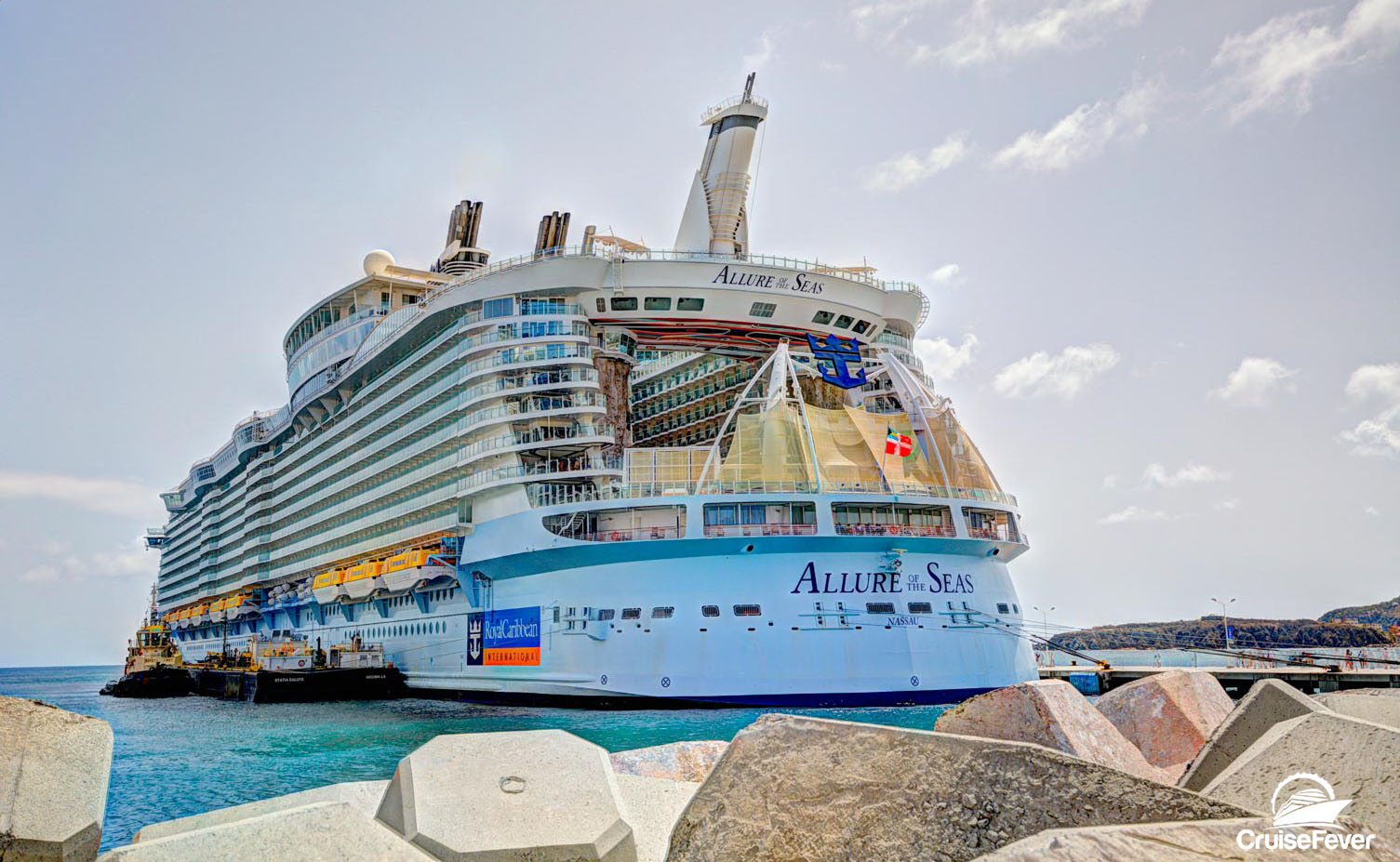Royal Caribbean Cruises, owner and operator of Royal Caribbean International, Celebrity Cruises, Azamara, and Silversea Cruises, has provided a business update in response to the impact of the COVID-19 pandemic.

Royal Caribbean has currently canceled all cruises through at least June 11, 2020. The cruise line also believes that COVID-19 has impacted shipyard operations and will result in delivery delays of cruise ships previously planned for delivery in 2020 and 2021.
Given the impact of COVID-19, booking volumes for the remainder of 2020 are meaningfully lower than the same time last year at prices that are down low-single digits. Due to the suspension in sailings, booking trends reflect elevated cancellations for 2020 and more typical levels for 2021 and beyond. Although still early in the booking cycle, the booked position for 2021 is within historical ranges when compared to same time last year with 2021 prices up mid-single digits compared to 2020.
Royal Caribbean has instituted several programs in order to best serve its guests: for cancelled cruises, guests are offered the choice of future cruise credits valued at 125% of the initial cruise fare paid in lieu of providing cash refunds. As of April 30, 2020, approximately 45% of the guests have requested cash refunds. For non-cancelled cruises, the Company has implemented a “Cruise with Confidence” policy.
As of March 31, 2020, the company had $2.4 billion in customer deposits. This includes approximately $0.8 billion of future cruise credits related to previously announced voyage cancellations through June 11, 2020.
Royal Caribbean also continues to take future bookings for 2020, 2021 and 2022, and receive new customer deposits and final payments on these bookings.
“These are unprecedented times for all of us. Travel restrictions and stay-at-home orders are important to slowing the spread of the virus, but they have severely impacted our operations,” said Richard D. Fain, Chairman and CEO. “We are taking decisive actions to prioritize the safety of our guests and crew while protecting our fleet and bolstering liquidity.”
As of April 30, 2020, Royal Caribbean had liquidity of approximately $2.3 billion all in the form of cash and cash equivalents. On May 4, 2020 the company increased the 364-day senior secured credit facility and drew $150 million, further enhancing the Company’s liquidity profile.
Royal Caribbean estimates that its average ongoing ship operating expenses and administrative expenses is approximately $150 million to $170 million per month during the suspension of operations. The company may seek to further reduce this average monthly requirement under a prolonged non-revenue scenario.
Royal Caribbean estimates its cash burn to be, on average, in the range of approximately $250 million to $275 million per month during a suspension of operations. This range includes ongoing ship operating expenses, administrative expenses, and debt service expense, hedging costs, expected necessary capital expenditures (net of committed financings in the case of newbuilds) and excludes cash refunds of customer deposits as well as cash inflows from new and existing bookings.
The company is considering ways to further reduce the average monthly requirement under a prolonged out-of-service scenario and during start-up of operations.
Learn the cruise secrets most people don't know and cruise like a boss. Check out Intelligent Cruiser here for a better cruise vacation. (Sponsored)



